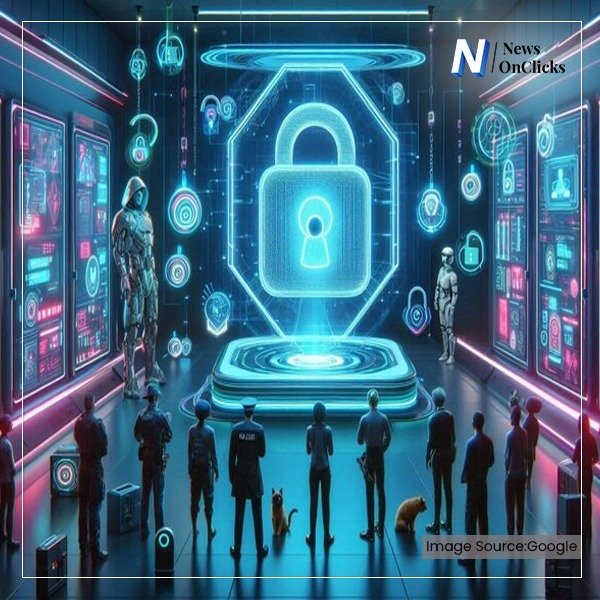
In an era where our lives are increasingly intertwined with technology, keeping our personal information safe is more crucial than ever. With cyber threats becoming more sophisticated, new technologies are stepping up to safeguard our digital identity. Here’s a look at some of the most exciting innovations reshaping the way we protect our privacy and security online.
1. Biometric Authentication: Security for digital identity
Gone are the days of memorizing complex passwords. Today, biometric authentication—like fingerprint scanning, facial recognition, and retina scans—offers a secure and seamless way to access your devices. These methods are unique to each individual and nearly impossible to fake, making them a game-changer in personal security. Major tech players like Apple and Samsung are already leading the charge, integrating these technologies into their devices for a safer user experience.
2. Decentralized Identity Systems: Control at Your Fingertips
Imagine a world where you have complete control over your personal information, and it’s protected from large-scale breaches. Decentralized identity systems (DIS) are making this a reality. Unlike traditional systems that store data on central servers, DIS use blockchain technology to distribute data across a network. This approach not only enhances security but also puts you in the driver’s seat when it comes to your personal data. Companies like Sovrin and uPort are at the forefront of this revolution, offering a glimpse into a more secure future.
3. Zero-Knowledge Proofs: Privacy Without Compromise
Zero-knowledge proofs (ZKPs) are a fascinating cryptographic innovation that lets you prove you know something without revealing the actual information. Think of it as a way to verify your identity without showing your ID. This technology is perfect for transactions and authentication processes where privacy is paramount. ZKPs offer a robust solution to keep your information confidential while still proving its validity.
4. AI-Powered Threat Detection: Smart Security for digital identity
Artificial intelligence is transforming how we protect our digital identities. AI systems can analyze vast amounts of data to detect suspicious activities and potential threats in real-time. By spotting patterns and anomalies, AI helps prevent identity theft and fraud before it happens. This proactive approach ensures that security measures stay ahead of cybercriminals, offering an extra layer of protection for your personal data.
5. Privacy-Enhancing Technologies (PETs): Secure and Convenient
Privacy-enhancing technologies (PETs) are designed to keep your data safe while making your online experience smoother. These technologies include data anonymization, encryption, and secure multi-party computation. PETs allow organizations to analyze data without compromising your privacy, striking the perfect balance between security and convenience. As data privacy laws become stricter worldwide, PETs are becoming essential for maintaining trust and compliance.
6. Digital Identity Verification: Effortless Authentication
Forget the hassle of tedious verification processes. Digital identity verification solutions are streamlining how we prove our identity online. Whether through digital ID cards or online verification platforms, these solutions make it easier to authenticate yourself while maintaining top-notch security standards. This streamlined approach helps reduce identity fraud and enhances the overall user experience.
Conclusion
As we dive deeper into the digital age, these cutting-edge innovations are redefining how we protect our personal information. From biometric authentication to AI-powered threat detection and decentralized identity systems, the future of digital identity is both secure and user-friendly. Embracing these advancements not only safeguards your data but also builds a more trustworthy digital environment, paving the way for a safer online world.









